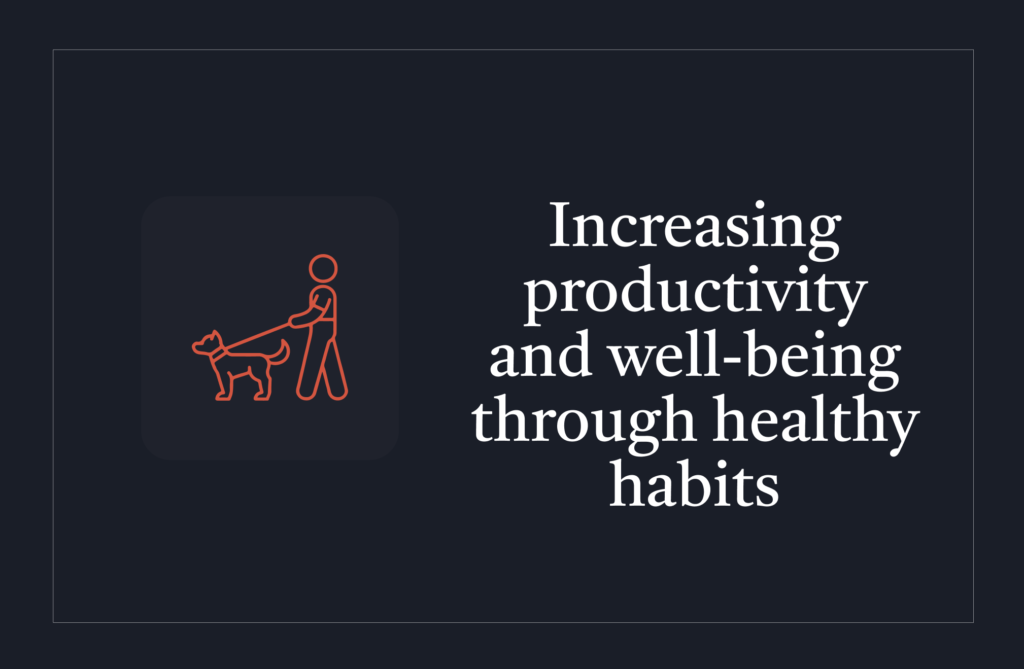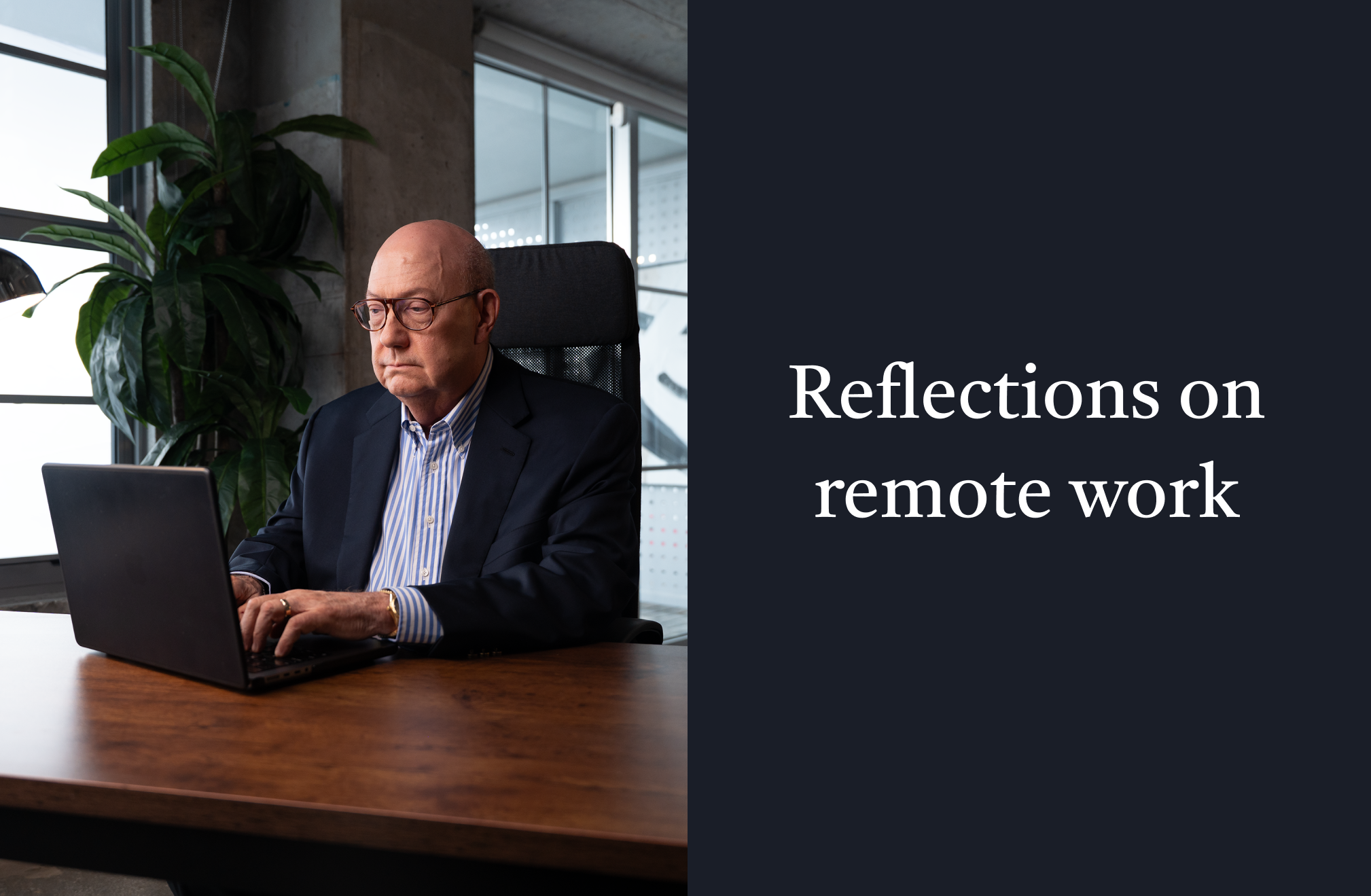
It’s no secret that the habits we cultivate outside of the workplace can heavily influence how we feel inside the workplace, how we perform, and our general well-being. Whilst it is sometimes difficult to make time for the activities that really provide the biggest returns in terms of health and happiness, they are crucial for long-term well-being and gaining productivity in the workplace.
Fitness and physical activity
Many people believe that if your body and physical well-being are taken care of, the mind will follow. Even a brisk walk each morning can be enough to wake up the body and mind ready for the day ahead. When working in a high-stress environment, or on high-stakes projects, keeping physically active can be a great way to keep stress levels under control.
Exercise and physical activity produces an immediate chemical reaction in the brain and nervous system that releases feel-good hormones called endorphins into the body, which technically speaking light up the body’s same receptors as opioids. Some people call it a “runner’s high”, but this feeling of positivity can be induced by any manner of exercise, such as a session in the gym or a lively tennis match.
The same activity also helps the body lower stress hormones such as cortisol, which, together with the release of endorphins, can make it a swift way to remedy a stressful day at the office. In creating a routine of healthy habits, including physical activity, the positive benefits will naturally spill over into all areas of life, including work, making it an essential factor for long-term success.
The power of sleep
Sleep is also a powerful stress and anxiety reducer. Often underestimated for its restorative power, a good night’s sleep is one of the most important factors that contribute to increased productivity and well-being. When we go to sleep at night, we might be tempted to think that our brain shuts down to recharge its batteries. But quite the opposite happens.
Our brain and body begin all manner of restorative processes once we fall asleep, such as processing and organizing the day’s influx of information, regulating internal systems, and clearing out unwanted waste, all the while maintaining a delicate balance of essential chemicals and functions.
Getting the recommended seven to eight hours of sleep each night not only improves concentration and memory but also helps improve mental health, reduces stress, and reduces the risk of developing chronic diseases. Therefore, there is a growing recognition among scientists and public health experts of the crucial role sleep plays in overall well-being and productivity, which, as a consequence, affects how we feel and perform in the workplace.
Family, friends, and pets
Last but not least, spending quality time with family, friends and even pets can provide a huge boost to our mental health and overall wellbeing. Studies have even been able to prove that it increases happiness more than a salary increase. Interacting with animals, particularly dogs and cats, has also been shown to decrease levels of stress (by reducing the stress hormone cortisol) and even lower blood pressure.
The companionship a pet provides also has the power to alleviate loneliness, encourage physical activity, and offer unconditional love, which helps contribute to overall well-being and happiness. One study found that pet owners over the age of 65 make 30% fewer visits to their doctor than those without pets. Need I say more?







